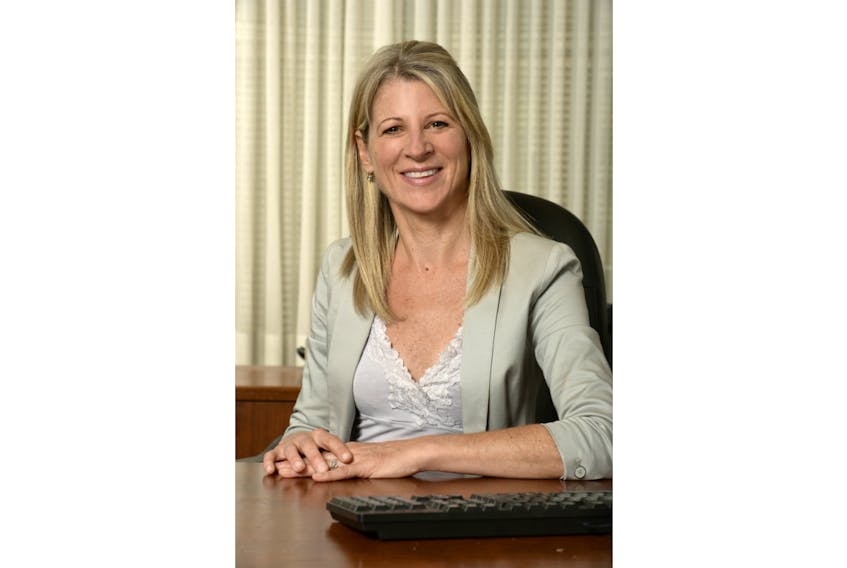It’s no surprise that people want to avoid a conversation about hemorrhoids or their sex life while sitting around the dinner table.
But a recent survey conducted for Credit Canada – a non-profit credit counselling agency – has also found that financial issues, and in particular debt, are on the list of topics people want to avoid in conversations.
Laurie Campbell, CEO of Credit Canada, says the survey results also highlights the stigma around personal financial issues and debt beyond the fact that these issues are embarrassing and a taboo conversation topic.
“People, unfortunately, value their financial stability over so many other issues. And, they actually value that in other people, too,” she said.
“What it tells me is that people liken financial stability or financial wealth or success to the worthiness of that person. Because if they’re willing to talk about anything else (and) they’re not willing to open up about their financial situation, it tells us that they’re embarrassed about it and they feel they’ll be judged. And, we need to change that mindset.”
“This is scary when people feel that burdened by their financial reality and they don’t know where to turn or they can’t talk to anyone about it because they’re too embarrassed ... Even though people don’t want to talk about this, it is something that we need to start discussing.”
-Laurie Campbell
The Awkward Silences online survey was conducted by Angus Reid between April 25-27. It polled 1,500 Canadians who were members of the Angus Reid Forum, an online community of adult Canadians who participate in surveys on a variety of topics.
The survey found that 20 per cent of Canadians were least likely to talk about health issues followed by sex (18 per cent), money issues (17 per cent) and religion or politics (17 per cent).
In terms of money issues, 34 per cent of respondents said they least wanted to talk about personal debt and bankruptcy followed by net worth/assets (22 per cent), income/salary (16 per cent), spending habits (12 per cent), investments or savings (11 per cent) and mortgages (five per cent).
While the national results put money issues third on the list, the Atlantic Canadians surveyed put money issues at the top (21 per cent). In Atlantic Canada, money issues were followed by small talk (18 per cent), religion and politics (17 per cent), sex (16 per cent) and embarrassing health issues and family and relationship issues, both with 14 per cent.
Credit Canada followed the survey with a social media campaign conducted between May 3-10 to get a better sense of which “crazier thing” people would rather talk about than their personal finances and debt. Some of the responses included changing diapers, giving birth, surprising places that hair grows (for example, your chin) in front of teenagers, feminine hygiene products at a guy’s poker night, menstrual problems with a male co-worker and the best remedy for hemorrhoids.
Connection with mental health issues
Campbell says that being embarrassed about financial issues and debt is problematic when it prevents someone from getting help from a trusted credit counselling organization. This is especially concerning given the connection between financial issues and debt and serious mental health issues for some people.
“(People) have had to quit working (or call in sick) because their financial situation is too stressful, they’re unable to sleep, they’re falling into depression, some are even saying they don’t see the point of living because of their financial reality,” she said.
“This is scary when people feel that burdened by their financial reality and they don’t know where to turn or they can’t talk to anyone about it because they’re too embarrassed ... Even though people don’t want to talk about this, it is something that we need to start discussing.”









